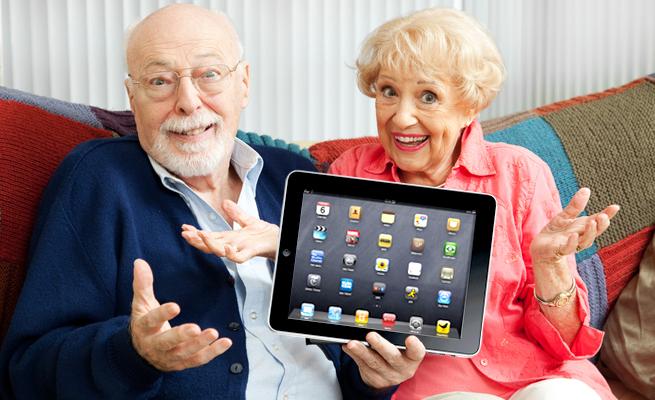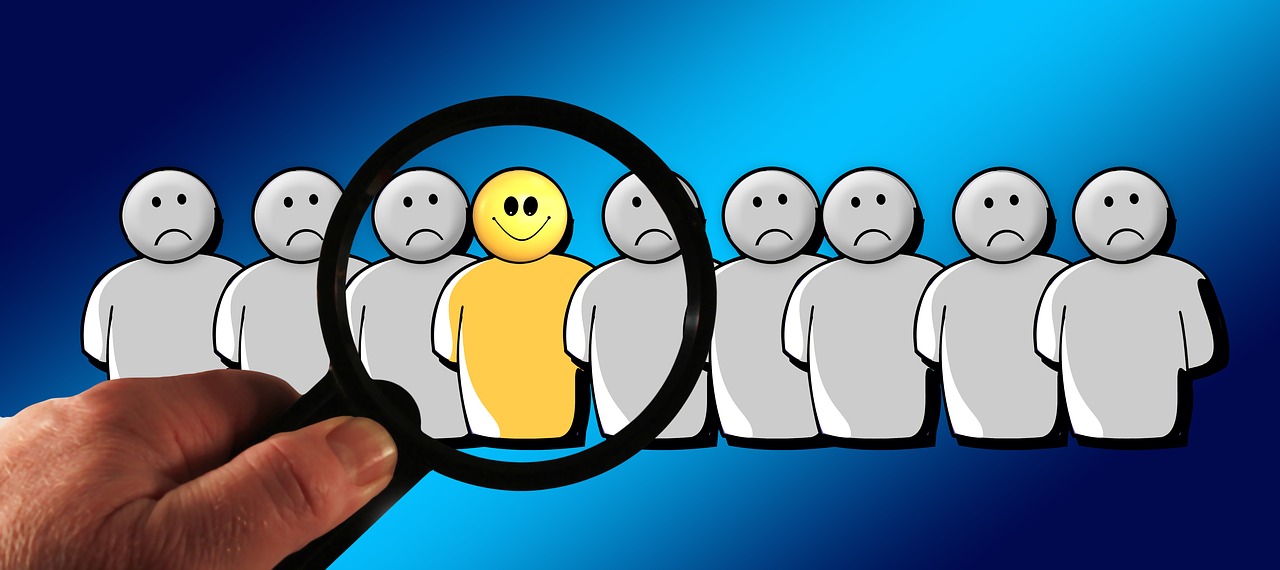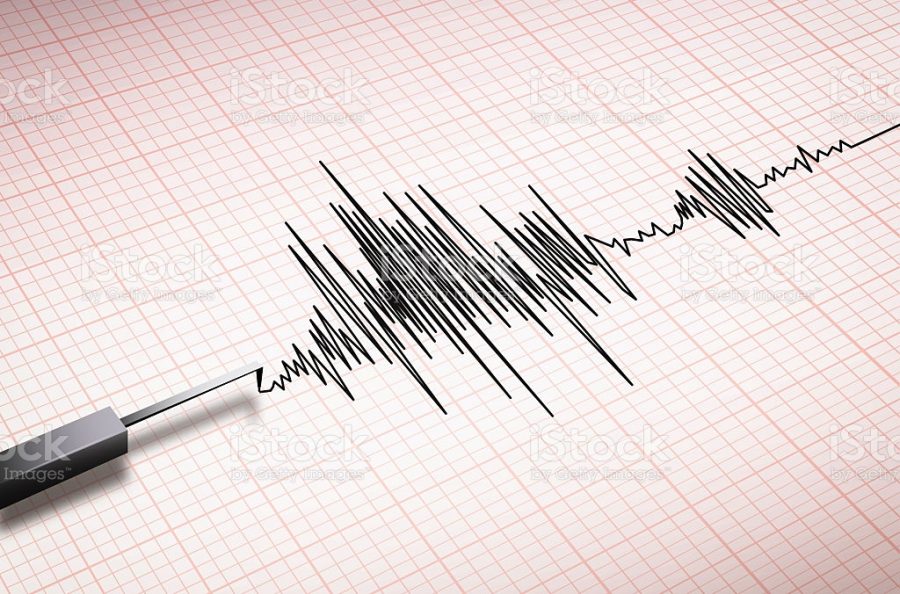There have been considerable advances in technology in recent times to aid the elderly with their health and mobility. As the over 65 population reaches an all-time high, it stands to reason that there is a heavy demand for more care as more people reach their advanced years.
That care is being provided through new technology which is friendly to the elderly individual and helps them retain their independence when their body can no longer allow them to walk or move freely.
As a person gets older and becomes frail, it is a cause for concern. Many families consider getting full-time care for their elderly loved ones in special retirement facilities but it is a choice that should be made by each individual in question. If they still wish to retain their independence as much as possible, there are several solutions that can be implemented in their houses to help them stay independent, but most importantly still be cared for.

Modifications in the Home
Modifications such as a compact walk in bath will help anyone struggling with mobility bathe without the need for assistance or worry of falling in a slippery and confined shower. These simple home modifications allow elderly people to have a better quality of life at home without the need for full-time care assistance.
There are also technological systems that help the elderly retain their independence without the worry of being without help for long periods of time. This would be an emergency warning system or even an emergency button attached to a necklace that can be pressed in the case of a fall or accident and a responder dispatched. It has helped many people with mobility issues get help that would be otherwise unable to call for it themselves.
There are many more technologies that are in development that will help elderly residents to avoid long stays in hospital by possibly preventing falls and accidents. A pressure-sensitive carpet underlay is currently in the prototype stages at The University of Manchester and aims to raise the quality of living by measuring the gait of each footstep.
Falls would be easily detected, however the main purpose of the technology would be to measure the precise pressure exerted over time and determine if a fall would be likely to happen. If this was found to be the case it would alert caregivers, thereby possibly preventing a fall.

























Leave a Reply